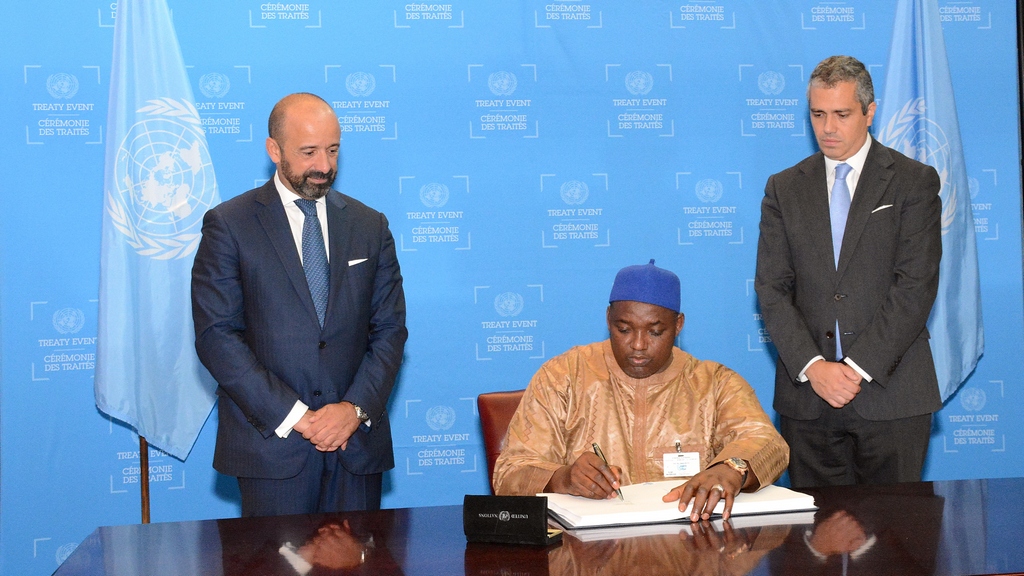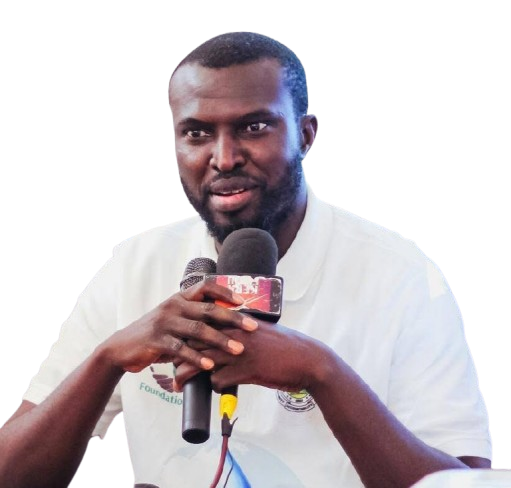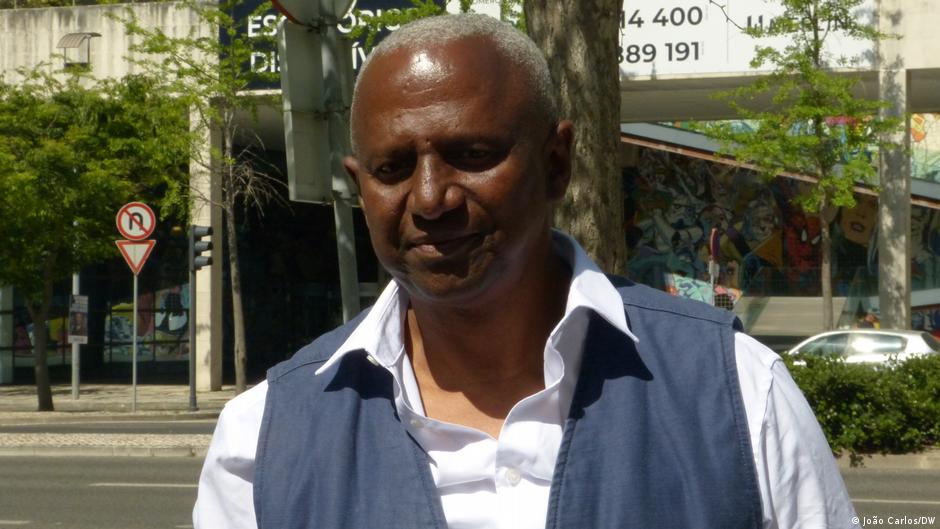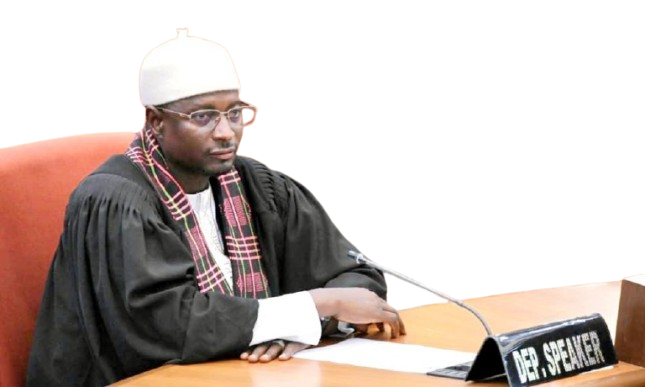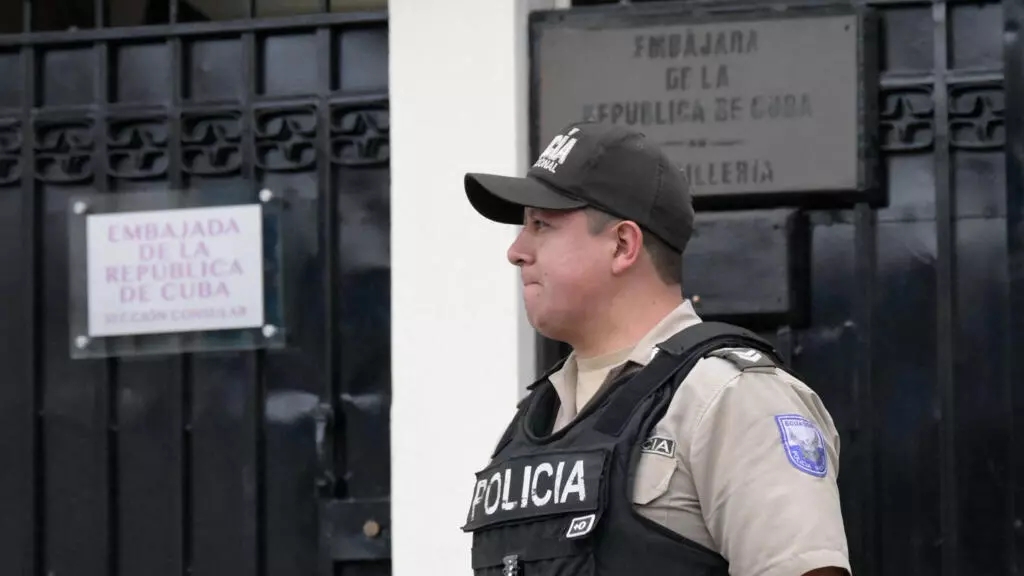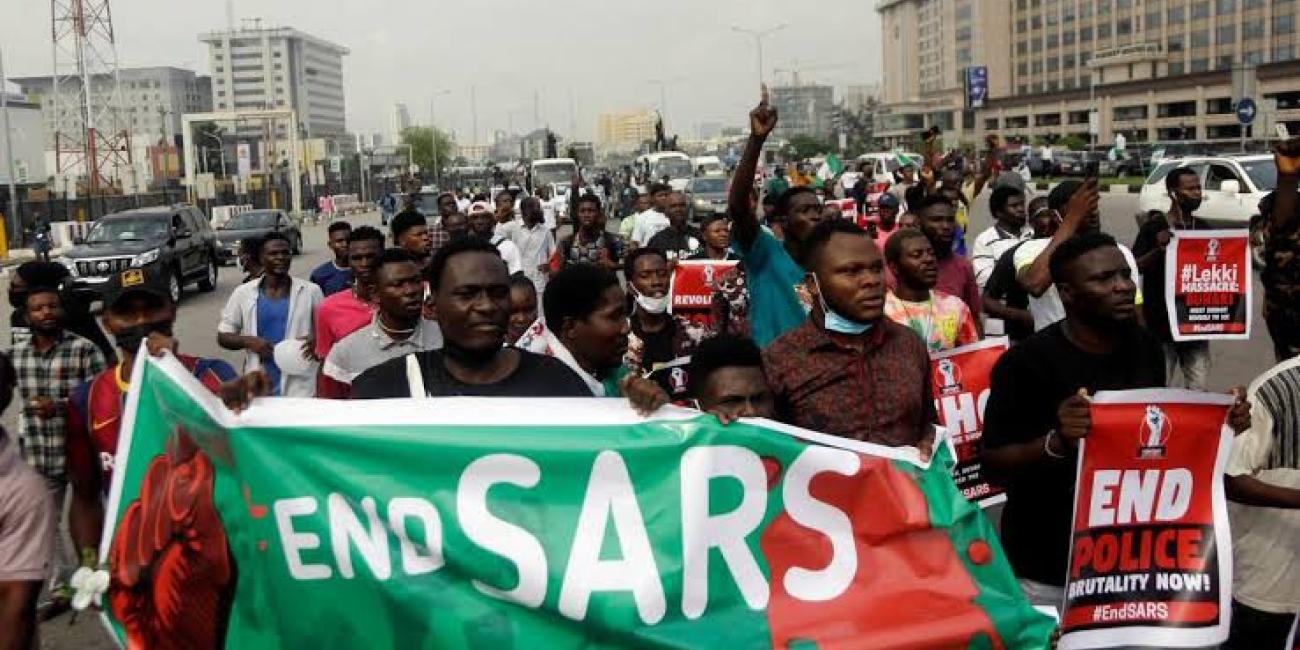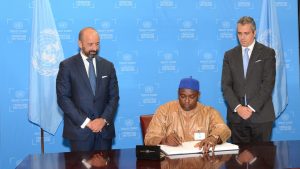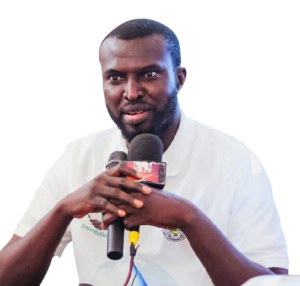Gambiaj.com – (ABUJA, Nigeria) – The Community Court of Justice (ECOWAS) has ruled that the Federal Republic of Nigeria violated the human rights of Obianuju Catherine Udeh and two others during the Lekki Toll Gate protests in Lagos State on October 20 and 21, 2020.
The Court found Nigeria in breach of several articles of the African Charter on Human and Peoples’ Rights, including those pertaining to the right to life, security of person, freedom of expression, assembly and association, prohibition of torture, and the duty of the state to investigate and provide effective remedies for human rights violations.
The applicants, Obianuju Catherine Udeh, Perpetual Kamsi, and Dabiraoluwa Adeyinka, alleged that these violations occurred during peaceful protests against the Special Anti-Robbery Squad (SARS) unit of the Nigerian Police Force. Triggered by the alleged killing of Daniel Chibuike, the protests aimed to address systemic police harassment and brutality.
Delivering the judgment, Justice Koroma Mohamed Sengu stated that while the Court dismissed the allegation that Nigeria violated the right to life as guaranteed under Article 4 of the ACHPR, it found the country in breach of other significant rights. The Court ordered Nigeria to pay each applicant two million Naira as compensation for violations of their security of person, freedom from torture and cruel, inhuman, or degrading treatment, and their rights to freedom of expression, assembly, and association. Additionally, Nigeria was mandated to investigate and prosecute its agents responsible for these violations and report back to the Court within six months on the measures taken to implement the judgment.
The applicants recounted harrowing experiences during the protests. Obianuju Catherine Udeh, the First Applicant, live-streamed the events, showing soldiers shooting at protesters, which led to her receiving threats and ultimately seeking asylum. Perpetual Kamsi, the second applicant, described being hospitalized after soldiers began shooting following a power cut at the protest site. Dabiraoluwa Adeyinka, the Third Applicant, narrowly escaped being shot and witnessed soldiers refusing ambulance access to the injured, subsequently observing inadequate hospital care.
The respondent, Nigeria, denied all claims, asserting that the protesters unlawfully assembled and that its agents adhered to strict rules of engagement without causing harm. Nigeria argued that Udeh incited the crowd via her Instagram page and that Kamsi’s support for the protest indicated an endorsement of violence. The government maintained that soldiers were present to maintain peace until the police arrived and denied any obstruction of ambulance services or mistreatment of the injured.
Despite Nigeria’s denials, the Court found substantial evidence of multiple breaches of human rights. The ruling emphasized the respondent’s obligation under the ACHPR to ensure the protection of these rights and provide effective remedies for violations.
The three-member panel, including Honourable Justices Dupe Atoki and Ricardo Claúdio Monteiro Gonçalves, concurred with the judgment, marking a significant moment in the quest for justice and accountability regarding the Lekki Toll Gate incident.



